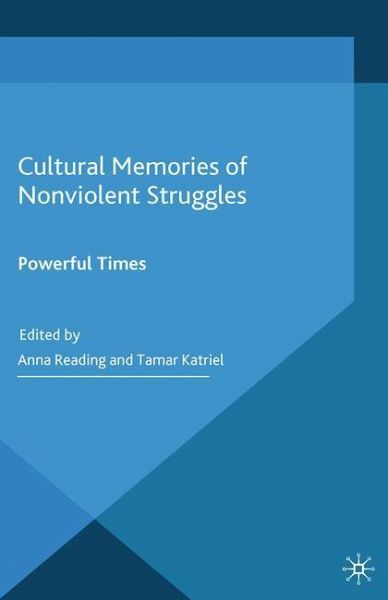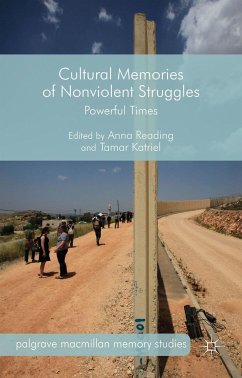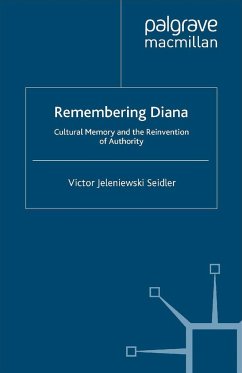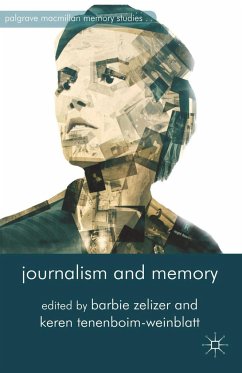
Cultural Memories of Nonviolent Struggles
Powerful Times
Herausgegeben: Reading, A.; Katriel, T.

PAYBACK Punkte
19 °P sammeln!
If societies have only memories of war, of cruelty, of violence, then why are we called humankind? This book marks a new trajectory in Memory Studies by examining cultural memories of nonviolent struggles from ten countries. The book reminds us of the enduring cultural scripts for human agency, solidarity, resilience and human kindness.














